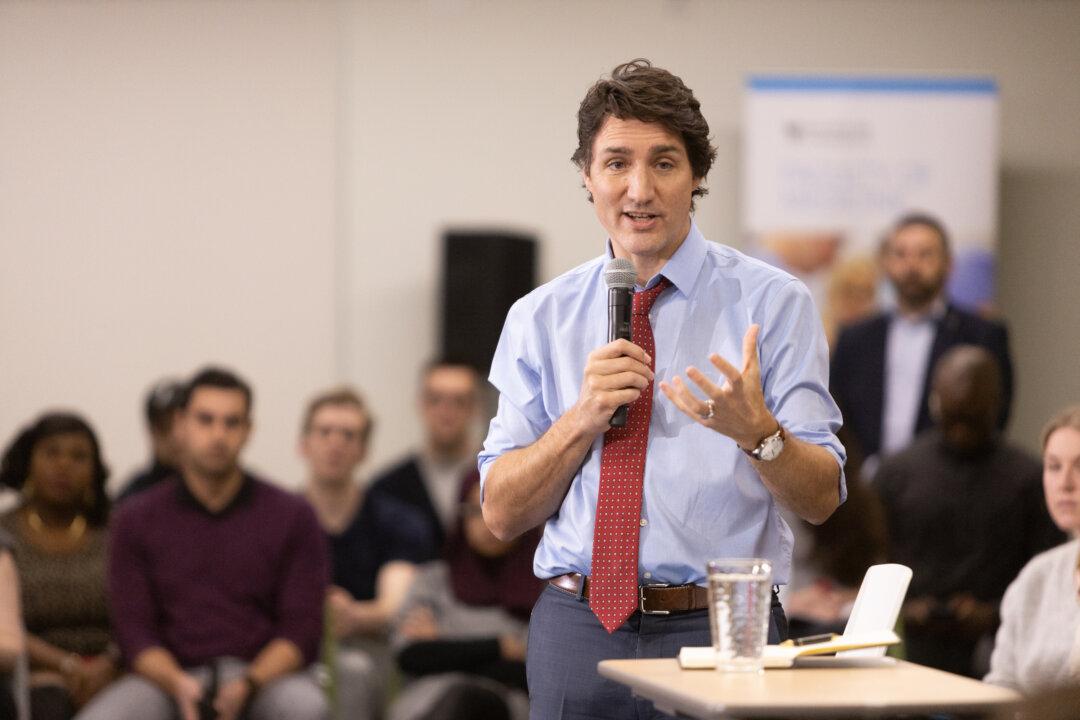Ontario and the four Atlantic provinces reached an agreement in principle with the federal government on a new health care funding deal proposed by Prime Minister Justin Trudeau on Feb. 7.
With the five provinces signing a memorandum of understanding on Feb. 23 to begin the next phase of negotiations, they will next have to come up with specific plans on how to spend their share of the $196 billion funding that will be transferred over 10 years.





